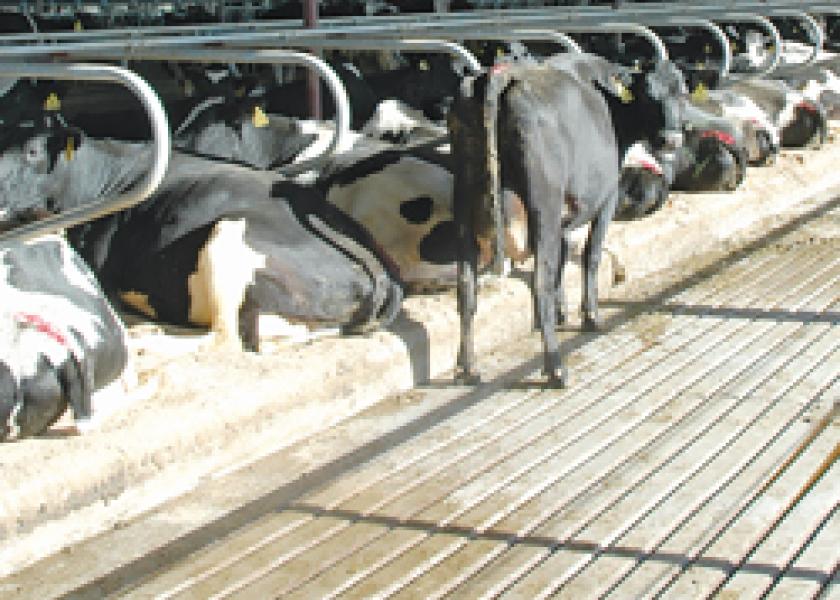Review Vaccine Protocols

Revisit every 12 to 18 months
With new vaccines and new studies on old vaccines coming out constantly, it’s imperative that you revisit your vaccine use and protocols with your veterinarian every 12 to 18 months.
So says Victor Cortese, director of cattle immunology for Pfizer Animal Health. "The goal is to get the best level of disease protection with the least number of shots," he says.
|
| More on vaccine basics |
Sometimes, you might be able to give fewer shots and save money. But the only way to safely do that is to have a thorough understanding of the vaccines you’re using or are considering using. That’s where your veterinarian comes in, Cortese says.
There are three factors to consider:
1. Duration of immunity. Look for a statement on the vaccine label that says "duration of immunity studies have established XX months" of protection. If the vaccine has such a statement, you can be assured it will offer that many months of protection, Cortese says.
"Some vaccines will last more than a year," he says. "I was in California recently on a large dairy, and we were able to cut out two vaccinations from their protocols because they didn’t need to use them."
The problem is that USDA does not require duration of immunity studies before licensing vaccines. If the vaccine doesn’t have the data, your veterinarian will have to use his or her best judgment of how often to use the product.
2. Efficacy. The second question you need to ask is how good is the vaccine. All vaccines should boost immunity for the disease for which they are labeled. But they will differ in how much immunity they provide and, again, for how long.
Lower-protection vaccines may have to be given more often. "Often, herd veterinarians will recommend vaccinating more frequently to decrease the risk of not having protection," Cortese says.
"Killed vaccines, for example, often give just six, eight or nine months of protection and, as a class, don’t provide very good reproductive disease protection," he adds.
3. The right fit. It would be nice if vaccines could be given once or twice a year. But some should be given only during the dry period to provide immunity through calving, while others can be given only once the cow has calved. Giving the right vaccines at the right times is the only way to ensure your herd is protected.
Once a vaccine protocol is established, producers sometimes assume they can plug in a new, cheaper vaccine to replace an older vaccine as long as the new vaccine is of the same class. But simply because you’re replacing one killed vaccine with another killed vaccine doesn’t mean it will offer the same level of protection for the same duration. Vaccines are specific in terms of level of immunity and duration.
"If a vaccine is really cheaper than another vaccine, there usually is a reason," Cortese says. It’s wise to have your veterinarian evaluate the lower-cost product first to determine if it fits your protocol and your herd’s needs.







